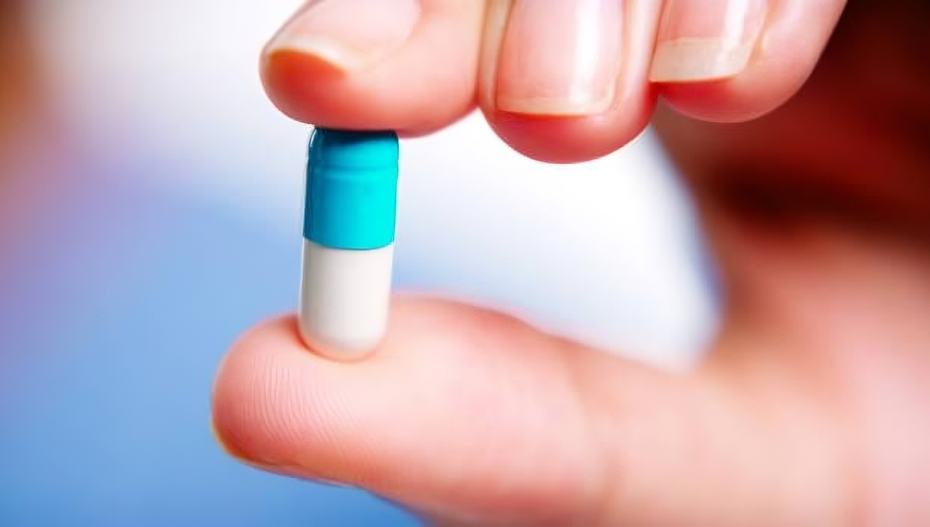Scientists at Aarhus University, Denmark, have unveiled a groundbreaking pill that replicates the metabolic effects of a 10-kilometre sprint—without requiring any physical exertion. The molecule, named LaKe, is designed to simulate the body’s natural response to intense exercise and fasting.
“We’ve developed a molecule that mimics the metabolic state of running 10 kilometres at high speed on an empty stomach,” said Dr Thomas Poulsen, the research lead and chemist at Aarhus University, in an interview with the New York Post. The findings were recently published in the Journal of Agriculture and Food Chemistry.
How Does LaKe Work?
When the body engages in strenuous exercise while fasting, two key chemicals spike in the blood: lactate and beta-hydroxybutyrate (BHB), a ketone produced when the liver breaks down fat for energy. These compounds are known to suppress appetite, reduce the risk of heart disease and type 2 diabetes, improve cognitive function, and alleviate depression.
LaKe replicates this metabolic response. However, unlike dietary approaches that might achieve similar effects, LaKe avoids the side effects of excess lactate and BHB, such as harmful byproducts like salt and acid. Early tests on lab rats have shown promising results, with no signs of toxicity. In fact, the molecule has helped strengthen the rodents’ hearts and flush out toxins.
The Rise of Exercise Mimetics
LaKe joins a growing class of therapeutic drugs called “exercise mimetics,” designed to activate the biological pathways affected by physical activity. Researchers at the University of Florida recently developed a compound, SLU-PP-332, which enhances metabolism and endurance in mice, enabling them to run 50% farther.
The concept of an “exercise pill” has been under development for over a decade. Notably, San Diego’s Salk Institute introduced GW501516 in 2008, a drug that encouraged the body to burn fat rather than sugar. While promising, a variant of this compound was banned after being misused as a doping agent. Similarly, in 2015, researchers created Compound 14, which improved glucose tolerance and promoted weight loss in obese mice.
Potential Benefits and Limitations
If perfected for human use, these drugs could revolutionise healthcare for individuals unable to exercise, such as the elderly, those with muscular dystrophy, or patients recovering from surgery. Exercise mimetics may also help combat conditions like Alzheimer’s, Parkinson’s, and dementia, as well as diabetes and obesity.
For those who are physically able, however, exercise itself remains irreplaceable. Beyond its physiological benefits, the mental “high” and emotional satisfaction derived from working out cannot yet be captured in a pill. As researchers refine these innovations, the advice for most remains the same: embrace activity rather than relying on shortcuts.
Also Read: Aditi Rao Hydari, Siddharth Share Dreamy Pictures from Their Wedding at Alila Fort












